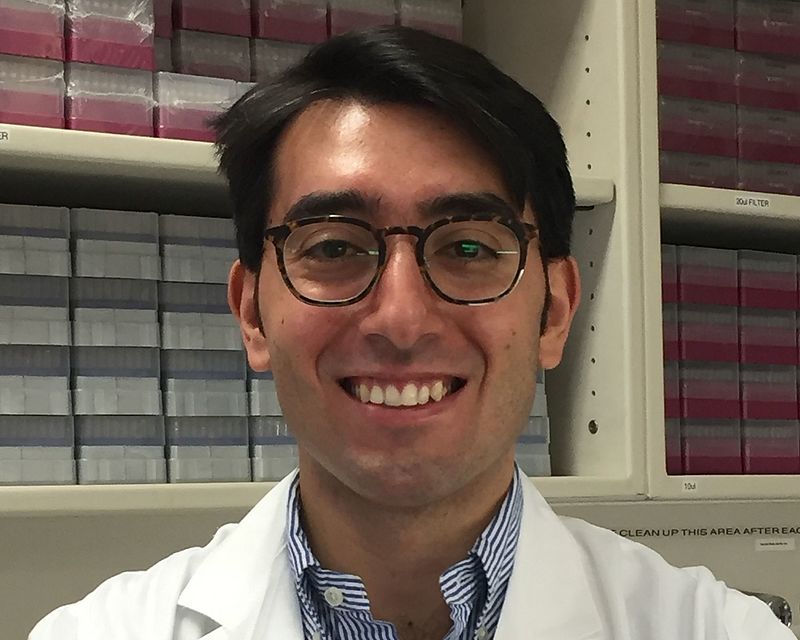Heart failure or cardiac insufficiency occurs when the heart muscle is too weak to pump enough blood around the body. The condition is usually the result of heart muscle cells being lost or having undergone pathological changes. Various diseases such as heart attack, high blood pressure, or heart muscle inflammation precede heart failure. The patients often suffer from shortness of breath and low exercise capacity.
Lucie Carrier's team is investigating to what extent the cytoskeleton plays a role here. It is responsible for the mechanical stabilisation and external shape of the cell. Also, it is essential for sensory functions such as signal transmission between cells.
The cytoskeleton consists of actin, microtubules, and intermediate filaments. The scientists' initial studies have shown that damaged heart muscle cells contain too many and abnormally modified microtubules and intermediate filaments. The researchers were able to identify the enzymes involved in these modifications. They are now working on modifying these cell components to positively influence the heart muscle's pumping function and thus prevent cardiac dysfunction.
"Our goal is to pool knowledge to use it to develop new forms of therapy that will subsequently lead to clinical care," says Prof Carrier. She coordinates the transatlantic Network of Excellence "Cytoskeletal Regulation of Cardiomyocyte Homeostasis in Health and Disease" on the European side. 860,000 euros of the funding will go directly to one of Carrier's subprojects, which deals with stem cell-derived cardiomyocytes and genetically engineered heart tissue.
Three out of four of the Leducq Foundation's highly funded Transatlantic Networks of Excellence approved in 2020 are coordinated by DZHK Principal Investigators.
Scientific contact: Prof. Dr. Lucie Carrier, Institute for Experimental Pharmacology and Toxicology, University Medical Center Hamburg-Eppendorf (UKE), l.carrier(at)uke.de
Source: Press release University Medical Center Hamburg-Eppendorf (UKE)
A new research approach for heart failure


